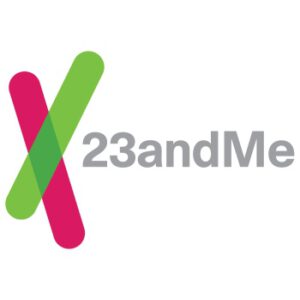
23andMe received more than half a million dollars recently from the National Institutes of Health (NIH) for three research projects.
The grants support some of the important online genome-wide association studies 23andMe has pioneered – in this case one grant will go towards research into the genetics of allergies and asthma. But the NIH money will also support two other research projects that help push our work into new realms.
One project will develop methods for assessing the accuracy of new sequencing technologies in clinical applications, while the third grant supports a project to develop new survey and data collection tools that can be used in whole-genome sequencing research.
Principal Scientist and statistical geneticist Dave Hinds is spearheading the research into asthma and allergies by leveraging the more than 100,000 people in our database who have consented to participate in research. As part of the grant, Dave plans to partner with experts in the genetics of asthma and allergies.
Our research platform gives the team working on this project a bit of a head start because we have about 25,000 customers participating in research who also report having one or more allergies. About 8,000 say they’ve been diagnosed with asthma. This gives us two large cohorts to help us begin the work that could provide breakthroughs to help so many more people. Allergies and asthma affect as many as one in five Americans, making better understanding of the genetics behind these conditions an important public health priority.
We are also excited by the research being overseen by Brain Naughton, our Founding Scientist. The project, “Development of DNA Sequencing Data-Quality Metrics for Personal Genomics” will be important for laying the groundwork for the eventual broad adoption of whole-genome sequencing. Before that can happen however, we must ensure that the results are accurate and create standards for how that is measured. Brian and his team will analyze about 150 exomes (including 50 new exomes sequenced for this project) and 100 whole genomes to investigate false positive and false negative rates for variants located in known disease genes.
Finally, Nick Eriksson, also a Principal Scientist and statistical geneticist, will lead the development of tools that would improve the reliability of online self-reported data. The long-term goal of this multi-phased project is to accelerate the research 23andMe currently does and increase the scope and reach of that research.



